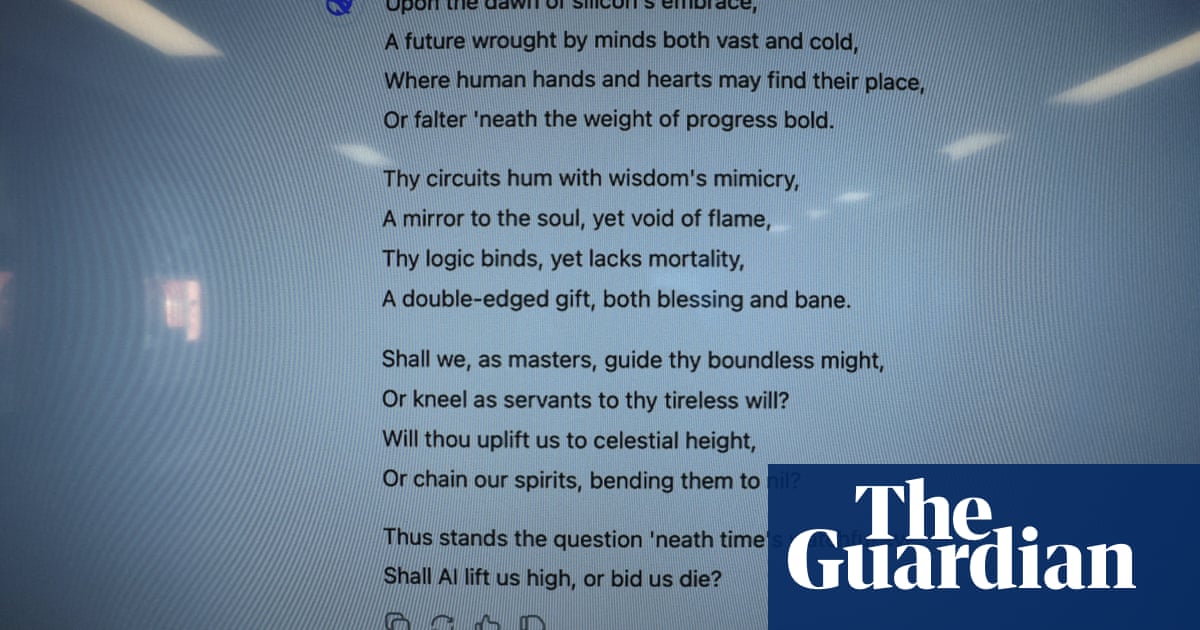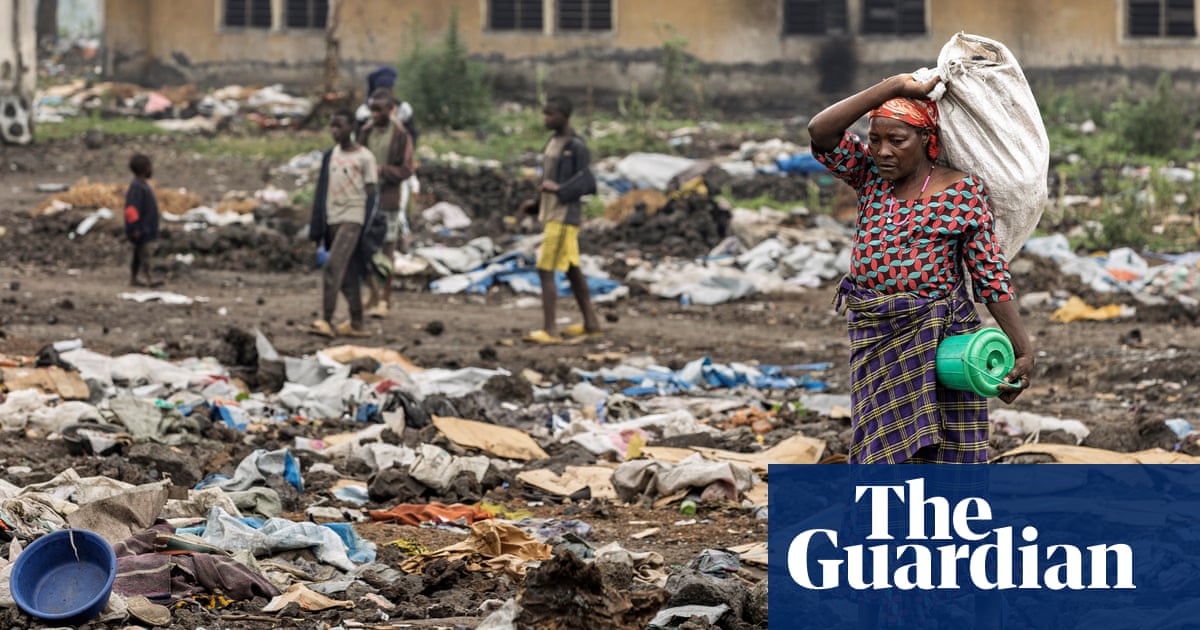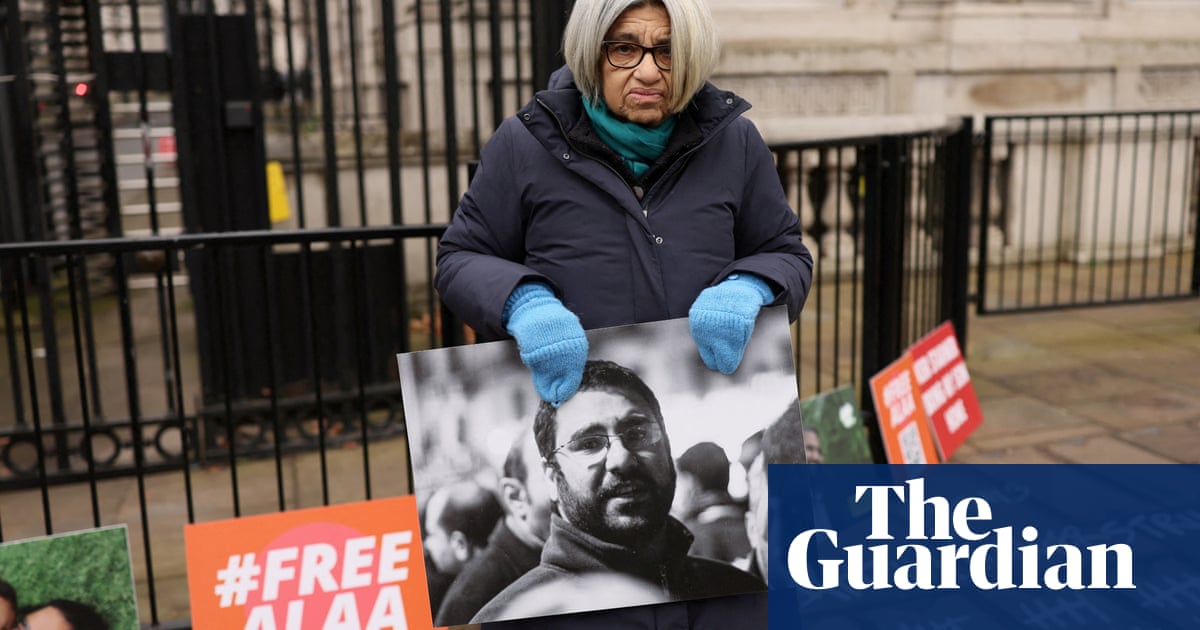The Marshall Islands, an isolated sprawl of atolls covering 750,000 square miles of the Pacific Ocean but home to barely 42,000 people, may be the final frontier for the world’s most popular sport. It claims to be the last country on Earth without a football team, and to this day, the islands have never hosted an 11-a-side game.
Until recently, football was an alien concept in a nation occupied by the US since the second world war, with baseball and basketball the traditional sports. As interest has grown in recent years, another barrier has emerged. Land has always been at a premium on these fragile shores, but never more than now with rising sea levels bringing fears of permanent flooding.
The ocean around these islands has risen by 3.4mm a year since 1993, more than twice the worldwide average. A total rise of one metre would leave the most populous atolls ravaged by permanent inundations; any more than that, and the Marshall Islands could be wiped from the map. The country’s first full-size football pitch, built for last year’s Micronesian Games, was only approved with the proviso that it would also act as a sea defence on the most populous atoll, Majuro.
This remote area of the Pacific has a history marked by environmental atrocities. The Marshall Islands were the site of more than 60 US-led nuclear tests between 1946 and 1958, with over a third taking place on the most infamous atoll, Bikini. Serious health issues that linger from that era, and the fear of a future blighted by floods, have meant the expatriate population has more than doubled since 2010. More Marshallese people now live abroad than at home.
In the midst of this precarious situation, the Marshall Islands’ first football federation was set up in 2020 with the aim of growing the game sustainably. A small group of people have been recruited, tasked with building a team, coaching youngsters and promoting the islands’ plight. Many of them, like the commercial director, Matt Webb, and the men’s first-team coach, Lloyd Owers, are based in the UK, 8,000 miles away.
Having read an article about the mission to build the first Marshallese football team, Webb contacted the federation president, Shem Levi, to offer his services for free. “He set up the FA because his son was getting into football,” Webb says, adding that Levi initially took some convincing. “In the end, he said: ‘What’s the worst you can do? Go ahead and do your thing.’”
For Webb, Owers and others including Katie Smith, recently made the Marshall Islands’ first women’s team coach, that has involved globetrotting to run coaching sessions while working hard to boost the nascent team’s online profile. “How do you get from absolute zero to competing in World Cup qualifiers?” Webb asks. “We don’t get any external funding, so we’ve been reliant on grants, donations and merchandise sales.”
Having released a successful home kit in 2023 inspired by the blue and orange Marshallese flag, their latest project is a new “No-Home Jersey”. Decorated with the islands’ unique flora, fauna and cultural emblems, and bearing the number 1.5 – the global temperature rise seen by Pacific nations as a fatal tipping point.
The shirt caught fans’ attention when launched online, before something strange started to happen. In each picture posted on social media, scraps of the shirt disappeared in what was a starkly clear message. “Existentially the country faces a huge crisis with climate change,” Webb says. “We wanted to make something which is both a celebration of the country, but also drawing attention to the fact there’s a very real threat.”
Nowhere in the Marshall Islands is safe from the risk of flooding – not even the president’s house – and Webb has seen the effects for himself. “When you’re on the islands, you can see the impact it has on day-to-day life. There are risks from rising tides, storms and flash flooding, and people have to build sea walls outside their homes, to try and protect them.”
He recalls the day his group of coaches hoped to put on the islands’ first-ever domestic tournament on Majuro, the “capital” atoll that curves for 25 miles around a central lagoon. “We were hit by an absolute deluge. Even though the pitch was under cover, people couldn’t get there because of flooding. It’s a tropical island, but because the rain is so ferocious it can happen very quickly.”
Most of Majuro’s population are squeezed into the eastern end, in a conurbation known as Delap-Uliga-Djarrit, or D-U-D. “We’ve been thinking about approaching Rory Delap for sponsorship,” Webb jokes. At other points on the atoll, such as Jenrok, where the new stadium has been built, the land’s entire width could conceivably be crossed by a trademark Delap long throw.
The coaching team divide their overseas trips between Majuro and the small town of Springdale, Arkansas. As the headquarters of a poultry producer with connections to the islands, it has become the unlikely centre of Marshallese life beyond the Pacific. Springdale was the location for a four-day women’s futsal – five-a-side indoor football – camp early last year, at which players travelled from Texas and California to try out as international players.
“We’ve been identifying potential players through word of mouth and searching online,” Webb says. “We’ve paid for people’s travel and accommodation [to Arkansas], just to try and get together and arrange a game.” Keeping in touch with the islands, 12 hours ahead of the UK, also poses problems. “There are a few 3am meetings,” adds Webb, who balances his voluntary role with a job in marketing.
Sometimes, though, the logistical headaches of football in Oceania have played into their hands. “We were going to travel to Kiribati, our closest neighbours, for a futsal match,” he says. “At the last minute, they had to cancel – so we invited another team, Micronesia, to visit us instead. Kiribati decided they didn’t want to miss out, so we ended up accidentally hosting an international football tournament!”
It represents a dramatic change for Webb, whose previous football experience came from coaching in schools and at university, and launching his own team with friends that grew from Sunday league level. “There are some interchangeable skills,” he says. “If you can get 11 players to turn up on a wet, cold Sunday morning in Devon, you can do anything.”
The newly formed Marshallese federation has been building things slowly – getting football on to the national curriculum, helping senior players get used to playing on grass, and expanding weekly coaching sessions beyond Majuro to a group of about 100 youngsters. Still, the ticking clock triggered by the climate crisis calls for some difficult decisions to be made.
“International football is expensive,” Webb says. “There is infrastructure in place – the stadium, hotels, an airport – but the lack of regular funding makes expanding further in a sustainable manner a real challenge.” In an effort to move things along, the Marshall Islands have applied to join the Oceania Football Confederation (OFC), where they will probably start as an associate member, without full Fifa recognition.
With so many shifting obstacles in their way, Webb and his team have learned to be flexible. Arriving on islands with far more indoor basketball courts than open grass spaces, their coaching focus has shifted to futsal, which is also governed by Fifa. Hosting their first-ever 11-a-side game on grass remains a key ambition. “I want to say [it will happen] this year, but that will be a huge achievement,” he says.
There is a Marshallese proverb that says: “Drops together make the ocean, and grains of sand together make an island.” From the onslaught of atomic bombs to a future threatened by rising tides, this is a place that has learned how small victories can add up in the greater battle for survival. Football may not have played any part in the islands’ history, but it could play a crucial role in its future.
Article by:Source: Niall McVeigh













